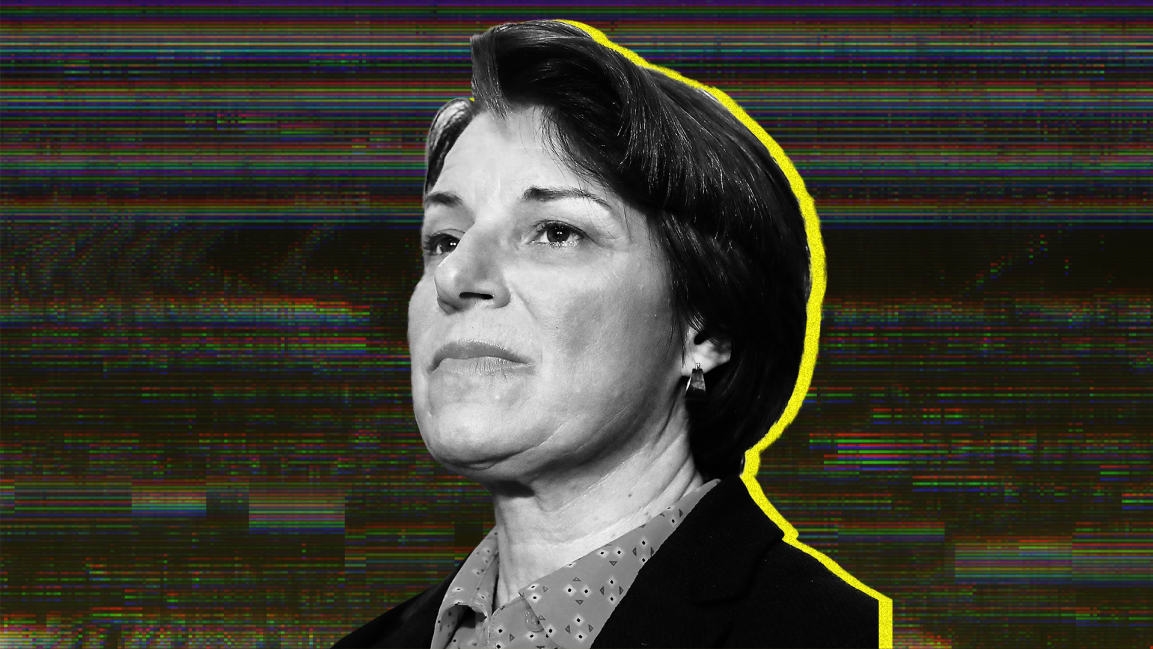The EU is cracking down on Apple’s App Store. Is Congress next?
On Friday, the European Commission announced its preliminary conclusion that Apple has violated European antitrust laws by imposing onerous rules and high prices on app developers seeking to get their apps in front of the vast market of iOS device users.
The commission said Apple “distorted competition in the music streaming market as it abused its dominant position for the distribution of music streaming apps through its App Store.” Apple will get a chance to respond to the EU in writing and in person before a final decision is made. Reuters reports that Apple, if ultimately found guilty, could be on the hook for as much as $27 million in damages—admittedly, pocket change for a company that made almost $1 billion a day in its last quarter.
The EU’s action comes in response to loud complaints about the App Store from Spotify. Apple Music’s archrival has decried the App Store requirement that it use Apple’s proprietary payment system. The company protests the charge of 30% of its App Store revenues for the privilege, and it complains that Apple prohibits it from even informing its customers of alternative or less expensive ways of purchasing the streaming service. To top it all off, Spotify says Apple gives its own streaming Apple Music service better billing in the App Store than Spotify gets.
The 15% to 30% tax is such a whopping amount of money that the companies are charged for advertising on the App Store.”
Senator Amy Klobuchar
When it comes to regulating Big Tech, the European Union is very often quicker to take action than its American counterparts. And actions by the EU often serve as models or benchmarks for regulatory actions eventually adopted in the U.S. Rest assured that members of Congress, as well as leadership at the Federal Trade Commission, are watching the EU’s action against Apple with great interest.
The Senate Judiciary Committee’s antitrust subcommittee, which is led by Democratic senator Amy Klobuchar of Minnesota, recently held a hearing on the way Apple and Google run their app stores. Spotify made the same arguments during that hearing that it made to the EU and clearly found sympathetic ears among Democratic and Republican members of the committee.
Klobuchar’s committee is seen as a power center when it comes to potential antitrust actions against tech companies—along with Rhode Island Democrat David Cicilline’s House Judiciary antitrust subcommittee—and its members pride themselves on working across the aisle to produce bipartisan legislation.
When I spoke to Klobuchar on the evening before the hearing, she told me she didn’t think it was fair that Apple prevented Spotify from communicating better streaming deals to its customers. She said of Apple’s App Store commission, as well as Google Play’s similar fee: “The 15% to 30% tax is such a whopping amount of money that the companies are charged for advertising on the App Store.”
What was not heard in the hearing was a chorus of Republican members saying the government should let the market work it out, leaving Apple and Google to run their app stores as they see fit. In a memorable exchange, Republican Mike Lee of Utah asked both Google’s and Apple’s lawyers why Tinder, a dating app, has to pay the 30% fee while Uber, a ride-hailing app, did not. He was apparently left confused by the rambling answers he heard.
The hearing likely set the stage for some sort of bipartisan legislation to ensure that Apple and Google can’t use their market dominance to squeeze app developers. This could mean something as small as slight adjustments to existing antitrust law, in order to better arm agencies such as the Federal Trade Commission in actions against the app stores.
Spotify and Bluetooth tracker maker Tile both want Congress to go farther than just general tweaks to antitrust law. They asked Klobuchar’s committee to seriously consider drafting a law that addresses the specific anticompetitive practices used by the app stores. If the European Commission finds Apple guilty of distorting competition in the music streaming market, it could add even more fuel to that fire.
(37)



